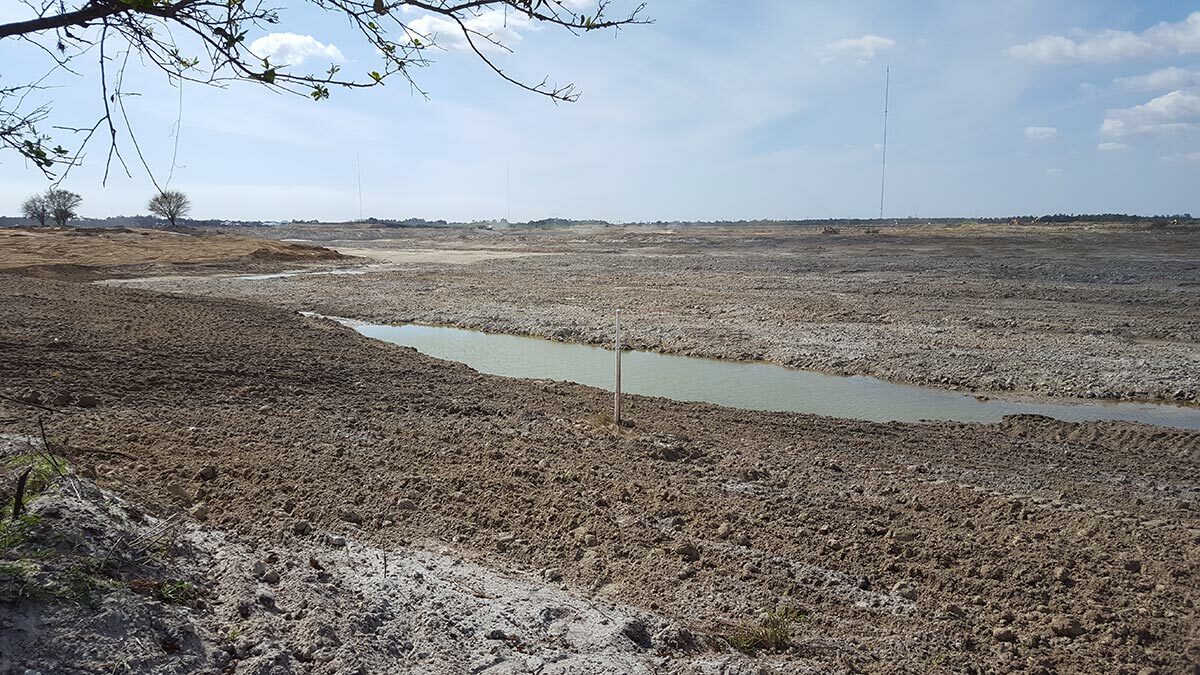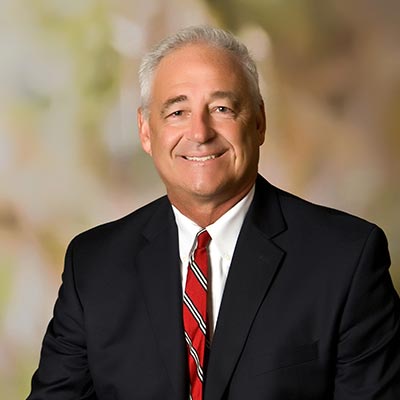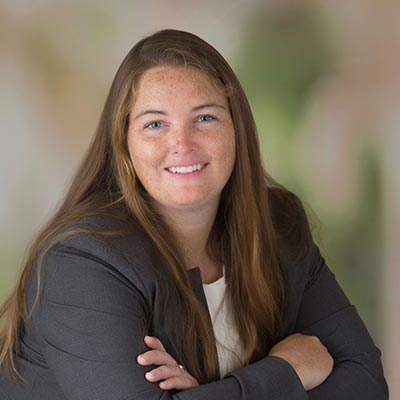
Water use permitting within the South Florida Water Management District (SFWMD) may look a lot different in 2014, if the latest round of proposed statewide Consumptive Use Permitting Consistency (CUPCON) rule revisions go into effect the first part of the year. The new rules would create two categories of water use permits, Individual and General, rather than the multiple categories that exist currently.
Under the proposed rules, small uses will be eligible for a General Permit by Rule. These uses include single family residential irrigation, short term dewatering of less than 5 MGD with no off-site discharge (similar to 90-day No-Notice permit), and closed-loop systems, such as used for pool heating.
Projects eligible for Noticed General Permits include consumptive uses less than 100,000 GPD. Uses greater than 100,000 GPD and all dewatering projects that do not qualify for the General Permit by Rule must obtain an Individual Permit. However, the use of selected surface water and groundwater sources in designated geographic regions will be subject to lower thresholds for use of the Noticed General Permit. Withdrawals from the Lake Istokpoga and Indian Prairie Creek canal systems, Lower East Coast Everglades water bodies, and North Palm Beach County/Loxahatchee River Watershed water bodies will require Individual Permits for uses of any size. Uses greater than 10,000 GPD from the Lower Tamiami aquifer in coastal southern Lee and northern Collier Counties, from the Sandstone aquifer throughout most of Lee and western Hendry Counties, and from the Mid-Hawthorn aquifer in most of Lee and northern Collier Counties will also fall under the category of an Individual Permit. The existing consumptive use permitting rules classify withdrawals from these sources as either Minor (less than 100,000 GPD) or Major General (between 100,000 and 500,000 GPD) permits.
The SFWMD has published revised portions of the Florida Administrative Code, Applicant’s Handbook (FKA Basis of Review), and permit application and reporting forms to reflect the rule changes, which can be found on the SFWMD’s web site. Many of the other Water Management Districts have done likewise.
The Department of Environmental Protection (FDEP) began the statewide CUPCON effort in 2011 to improve consistency in the Consumptive/Water Use Permitting Programs implemented by the Water Management Districts. The Department’s stated goals include making permitting more applicant-friendly and efficient, especially for those in multiple districts; promoting equitable treatment among applicants; providing consistent environmental protection; and incentivizing water conservation.
For more information, contact Kim Arnold, P.G. at [email protected].

































































